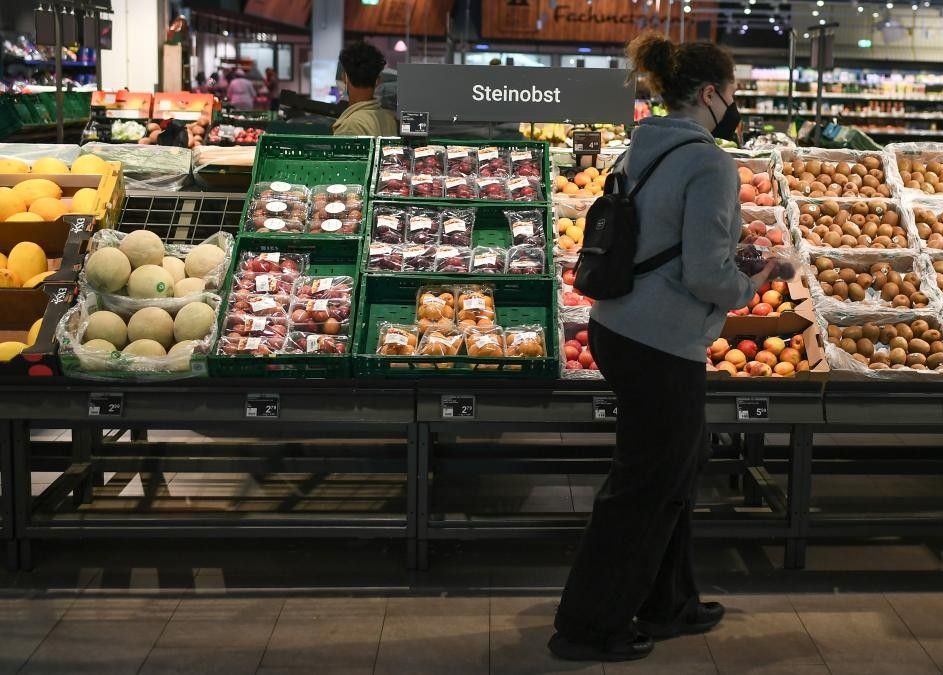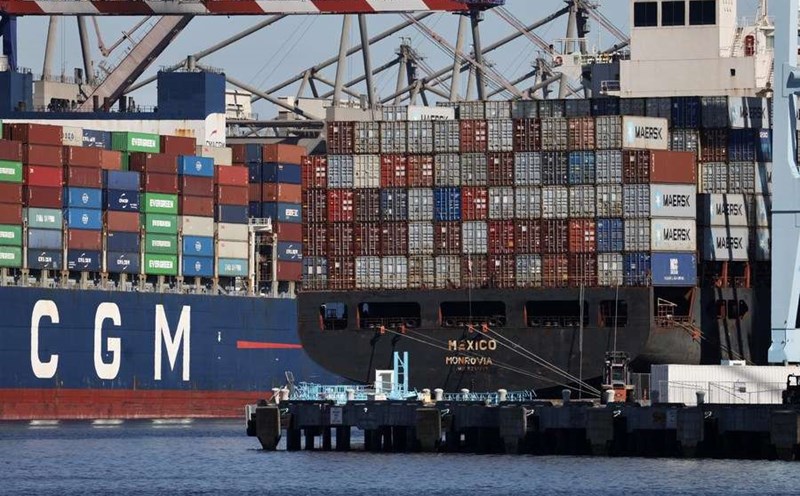According to an annual survey by the German Retail Institute (EHI), in 2024, 98 major supermarket chains reported losses due to losses of up to 4.95 billion euros (equivalent to 5.84 billion USD), an increase of 3% compared to the previous year.
Of which, 4.2 billion euros were lost due to theft from customers, employees, and delivery people. The amount of tax revenue lost to stolen goods is estimated at 570 million euros - a huge loss for the public budget.
Not just for small-scale thefts, EHI warned that the rate of organized thefts has increased by 5% over the past year, accounting for 1/3 of the total damage. According to the survey author of EHI Frank Horst, many groups of activities are very sophisticated: Drivers, those who distract employees, those who collect goods in bags hidden in supermarkets, then secretly take them out.
Although the survey did not announce the list of most purchased items, Frank Horst said that targeted items are often small, expensive and easy to resell such as perfumes, cosmetics, as well as high-end foods such as meat and cheese. This is an worrying upward trend, especially in the context of soaring food prices in Germany due to inflation.

According to EHI's calculations, about 1.5% of the current product prices at the supermarket are to compensate for stolen goods and security costs. That means consumers are having to pay extra money because... others steal. If theft continues to increase, honest buyers will suffer first, Frank Horst warned.
However, some criminals have doubted the accuracy of the report. Dr. Donald Bögelein (University of Cologne) believes that up to 98% of the thefts have not been discovered, so the suggestion that most of the damage was due to theft is just a hypothetical.
Nicole Bögelein also questioned EHI's conclusion that organized theft gangs are on the rise, presumably simply because supermarket security staff are focusing more on watching them.
Dr. Bögelein believes that most of the thefts are crimes of poverty. The poor are more vulnerable to being tracked, so they are also more vulnerable to being arrested, she commented.
However, Frank Horst does not agree that it is all about poverty. According to EHI, about 2/3 of the thefts are committed by chance thieves - not necessarily poor, but taking advantage of loopholes. It could be resistant theft people who do not accept unreasonable price increases, he said.
Although the law allows a prison sentence of up to 5 years, in reality, first-time offenders are often not prosecuted. Therefore, Mr. Horst called Germany a paradise for supermarket thieves, when the punishment was too light and not enough to deter.
German Federal Police data shows that 66.7% of the thefts were found to be worth less than €50 and 40.2% were under €15. Most were fined in money, but if they could not pay, the offender could go to prison just because... they did not have enough money to pay the fine.
Controversy is breaking out among German academics over whether to decriminalize crimes of poverty, such as stealing food or taking a train without a ticket. Currently, 8,000 9.000 Germans are detained each year for not buying train tickets, which increases state costs but does not bring deterrence.











